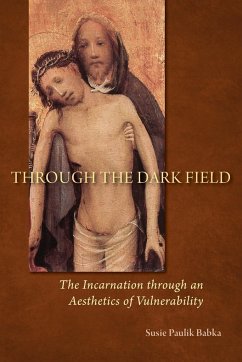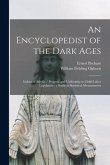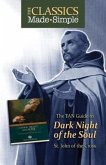Theological discourse in the West has consistently valued the word over the image. Aesthetics, which discerns the criteria and value of the beautiful and what "pleases the senses," is the discipline that prioritizes sensual intelligence over the rational; this book advocates a reconsideration of the doctrine of the incarnation through an aesthetics of vulnerability, in which the ethical optics of attention to the vulnerable other becomes the standpoint in which to ponder the significance of "God became human." Relying on such diverse thinkers as Emmanuel Levinas, Maurice Blanchot, Karl Rahner, and Masao Abe, this book explores visual art, images, and poetry as theological sources, designating what Blanchot called "a region where impossibility is no longer deprivation, but affirmation."
Hinweis: Dieser Artikel kann nur an eine deutsche Lieferadresse ausgeliefert werden.
Hinweis: Dieser Artikel kann nur an eine deutsche Lieferadresse ausgeliefert werden.








